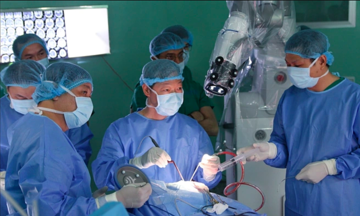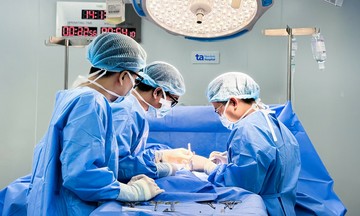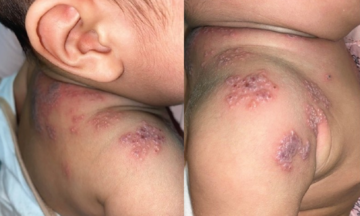According to Dr. Tra Anh Duy of the Men’s Health Center, libido is a natural part of life, playing a vital role in relationships and mental well-being. However, excessive libido in men can have negative psychological and social consequences.
Research published in the Journal of Clinical Psychiatry suggests that some cases of excessive male libido may be linked to impulse control disorders or other physiological factors.
The physiological mechanisms of libido involve several key components:
The role of testosterone: Testosterone is the primary hormone influencing male libido. A study in the Journal of Clinical Endocrinology & Metabolism found that high testosterone levels can increase libido, but don't always lead to excessive sexual behavior.
The nervous system and brain signals: Libido is controlled by the hypothalamus and the limbic system. Research in Neuroscience & Biobehavioral Reviews highlights the role of neurotransmitters like dopamine and oxytocin in stimulating libido.
The reward system and sex addiction: The brain's reward system creates feelings of satisfaction after sexual activity. A study in JAMA Psychiatry indicates that men with excessive libido show overactivation of this system, similar to those with substance addictions.
A high sex drive is considered normal if it remains under control. However, if it leads to coercive or uncontrolled behavior, or negatively impacts one's life, it may be a sign of hypersexuality disorder.
 |
Dr. Duy examines a patient. Photo: Lam Anh |
Dr. Duy examines a patient. Photo: Lam Anh
Several factors can contribute to hypersexuality disorder:
Hormonal imbalances: Excessively high levels of testosterone or dopamine can be a contributing factor.
Mental health disorders: Conditions like bipolar disorder can sometimes lead to unusually high libido.
Pornography addiction: Research in Archives of Sexual Behavior suggests that frequent exposure to pornography can increase uncontrolled desires.
Medication side effects: Certain antidepressants or testosterone-boosting medications can increase libido.
Diagnostic criteria for hypersexuality disorder, according to the Journal of Clinical Psychiatry, include obsessive thoughts about sex that interfere with work and life, frequent sexual intercourse or masturbation without satisfaction, and an inability to control urges, leading to risky behaviors such as unsafe sex or sexual abuse.
The Journal of Sexual Medicine suggests that thinking about sex more than 30 times a day or engaging in masturbation or intercourse more than six times a day may indicate hypersexuality disorder.
Excessive libido can have several negative consequences:
Relationship problems: It can lead to conflict in relationships or sexual abuse.
Reduced quality of life: Uncontrolled libido can lead to sex addiction and imbalances in work and family life.
Risk of sexually transmitted infections: Frequent sexual activity, especially with multiple partners, increases the risk of STDs.
Treatment for hypersexuality disorder can include hormone therapy, psychotherapy, and lifestyle adjustments to help balance libido and maintain a healthy life.
My Y












